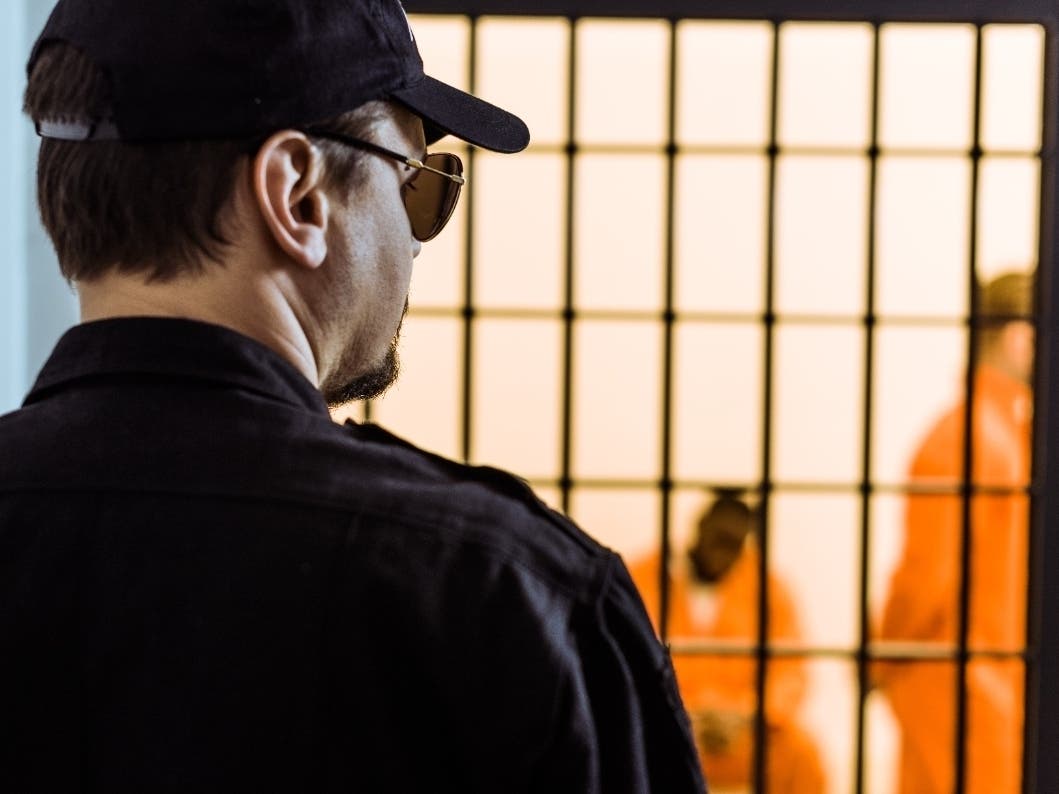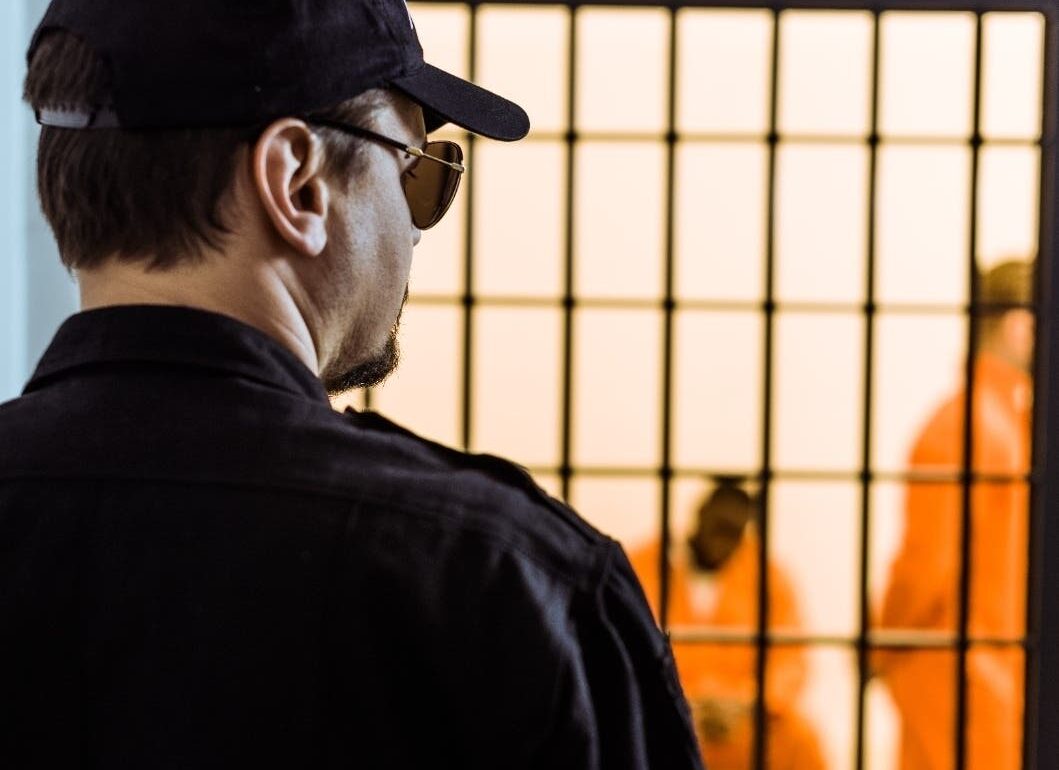
NEWARK, NJ — Many people know that the 13th Amendment to the U.S. Constitution abolished slavery. But according to advocates, one of the nation’s most cherished legal clauses also includes an exception that allows forced labor to be used as “punishment for a crime,” creating a massive underground labor market that is powered by prisoners’ sweat and tears.
It’s un-American – and it needs to end, Sen. Cory Booker says.
Earlier this week, the New Jersey senator chaired a meeting of the Senate Judiciary Subcommittee on Criminal Justice and Counterterrorism, delivering opening remarks at a hearing on “An Examination of Prison Labor in America” (watch the video below).
The committee examined the economic and social impacts of prison labor in the United States, exploring ways to reform the system to align with “modern values” – while giving inmates access to job training that can change the course of their lives.
“The reality is that most people that go to prison actually come out,” Booker said, echoing statements that other New Jersey criminal justice reform advocates have made over the years.
But even while they’re still incarcerated, prisoners still have the chance to make a positive mark on society, the senator pointed out.
“There are close to 1.2 million people incarcerated in this country, and today, around 800,000 of them have a job,” Booker said. “Incarcerated Americans contribute to our economy by working jobs that touch many products and goods that we all use and purchase. They produce and processed foods that we eat. They work in factories, manufacturing license plates, traffic signs, uniforms and furniture – much of which bears the sought after ‘Made in America label.’ They also provide critical public services by fighting wildfires, repairing and maintaining roads and responding to natural disasters. And they work in prison facilities to help maintain the operations.”
The problem is, there’s an entire industry taking advantage of them, Booker said.
“Most of us have no idea how the slave labor contributes to our nation’s economy,” the senator charged. “Incarcerated workers around the country produce more than $2 billion in goods and over $9 billion a year in services, maintaining the prisons in which they live. Yet an incarcerated worker can earn an average daily hourly wage of literally a few cents per hour to half a dollar.”
In seven states, incarcerated workers are paid nothing for their labor. They also lack minimum health and safety standards in their workplaces, and can’t refuse to work – even if they’re injured or sick – and face harsh disciplinary consequences for taking a day off, Booker said.
According to Freedom Network USA, three out of every four incarcerated prisoners have reported that they have been forced to work under the threat of extra punishment, such as solitary confinement, denial of sentence reductions or loss of visitation privileges.
The exception clause isn’t only a federal issue, Booker added. Currently, 16 state constitutions also allow for prison labor – nearly 150 years after the United States outlawed slavery.
The goal isn’t to halt all jobs in prisons, Booker pointed out, calling it an “opportunity” that can prepare inmates for the day they rejoin society – and lower recidivism rates in the process.
But that doesn’t mean you can treat prisoners like slaves, he said.
Many states – including “red” ones dominated by Republican voters – have been taking steps to trim the exception clause from their constitutions, Booker noted: Nebraska, Utah, Alabama, Oregon, Tennessee, Vermont, Colorado.
And it’s time for the others to step up their games, he says.
Booker, one of the highest-profile Democrats in the Garden State, has reached across the political aisle before when it comes to criminal justice reform.
In 2018, former Republican president Donald Trump signed the First Step Act into law. Booker was a big supporter of the law, which expanded job training and other programs that reduce recidivism rates among federal prisoners. It also expanded early-release programs and changed sentencing laws, including mandatory minimum sentences for nonviolent drug offenders.
This post was originally published on this site be sure to check out more of their content.









